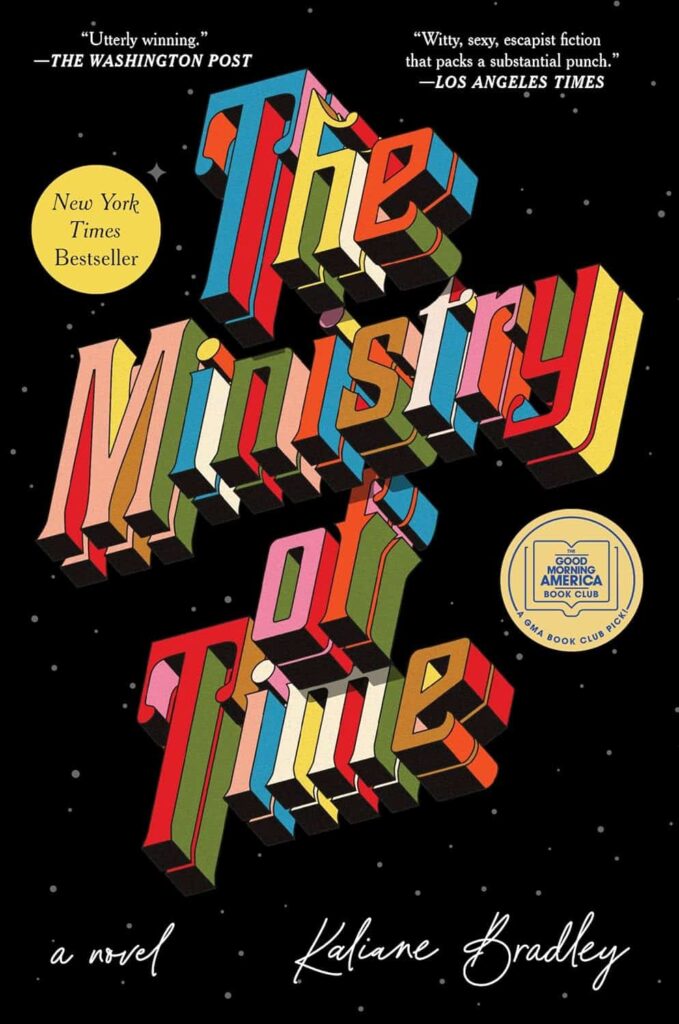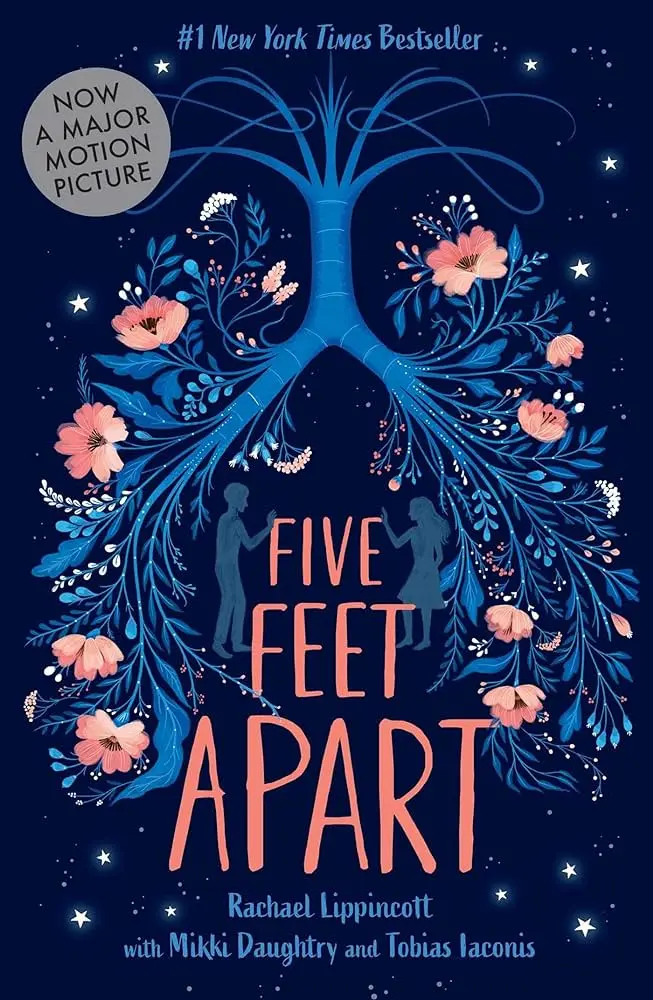I picked up The Ministry of Time with high expectations, drawn in by its intriguing premise of time travel and historical romance. While the novel has some compelling moments and interesting ideas, it ultimately left me with mixed feelings – like a beautifully wrapped gift that’s somewhat empty inside.
The story follows a British-Cambodian translator working for a secret government agency that brings historical figures to the present day. When she encounters Commander Graham Gore, a member of the ill-fated Franklin Arctic expedition, what begins as a professional assignment evolves into something more personal. Bradley’s prose is undeniably beautiful in places, with some truly memorable lines about time, history, and human connection. The semantic discussions around language and time were particularly fascinating to me, reminding me of some late-night conversations I had in college about the nature of reality and perception.
However, the pacing often feels uneven. The first quarter pulled me in with its sharp observations and witty dialogue, but as the story progressed, I found myself increasingly confused about where exactly we were heading. The time travel aspects, while interesting in concept, sometimes felt muddled in execution. I kept waiting for certain plot threads to come together in a satisfying way, but many seemed to drift off into the ether.
Graham Gore emerges as one of the more fully realized characters, with his nineteenth-century perspective on our modern world providing some of the book’s most engaging moments. His reactions to contemporary life feel authentic and often touching. The scenes where he grapples with modern concepts of race, colonialism, and society are particularly well-handled.
However, I found myself struggling to connect with our protagonist. Despite her unique position as a British-Cambodian woman navigating both historical and contemporary tensions, her character often feels like she’s keeping the reader at arm’s length. The secondary characters, while occasionally intriguing, never quite developed beyond their initial introductions.
Bradley certainly tackles ambitious themes – colonialism, cultural identity, trauma, and the nature of time itself. The book raises interesting questions about how we view history and our relationship with the past. I appreciated the attempts to explore these complex ideas, even if the execution sometimes fell short.
The romance aspect, which I expected to be a major draw, ends up feeling somewhat tepid. While there are moments of genuine connection between the main characters, the relationship never quite ignites in the way I hoped it would. It’s like watching a match that keeps almost catching but never quite bursts into flame.
The Ministry of Time is a book that I wanted to love more than I actually did. It has all the ingredients for something spectacular – an innovative premise, beautiful writing, important themes – but somehow these elements never quite come together into a satisfying whole. It’s like a complicated recipe where all the ingredients are high-quality, but the final dish is somehow less than the sum of its parts.
That said, I can see why others might connect with this book more strongly than I did. Bradley shows promise as a writer, and there are moments of genuine brilliance scattered throughout. The discussions of language, time, and cultural identity are thought-provoking, even when the plot loses its way.
While I can’t wholeheartedly recommend The Ministry of Time, I also can’t dismiss it entirely. It’s a flawed but interesting debut that suggests Bradley might have better works ahead of her. If you’re interested in time travel stories with a literary bent and don’t mind some narrative confusion along the way, it might be worth giving this one a try. Just don’t expect a straightforward historical romance or a tightly plotted sci-fi adventure – this book defies easy categorization, for better or worse.
Perhaps the best way to approach this novel is with measured expectations. It’s not the groundbreaking masterpiece some reviews might suggest, nor is it the disaster others claim. It’s simply an ambitious first novel that reaches for the stars but doesn’t quite grasp them. And sometimes, that reaching can be interesting enough on its own.
Subscribe to our newsletter and get two free novels!



